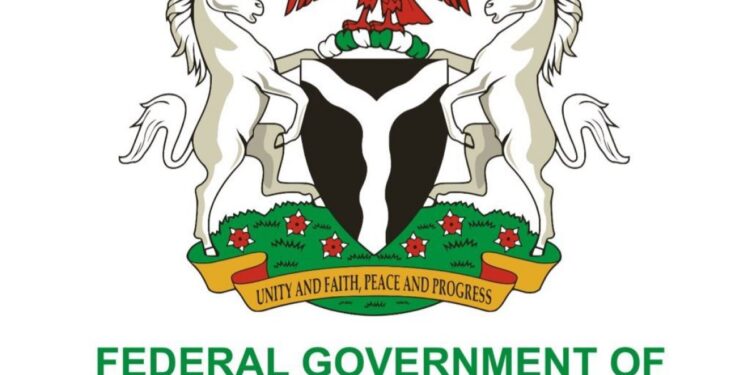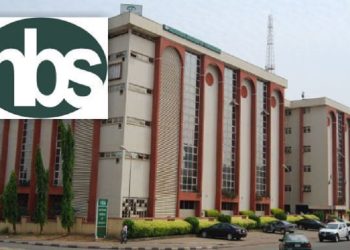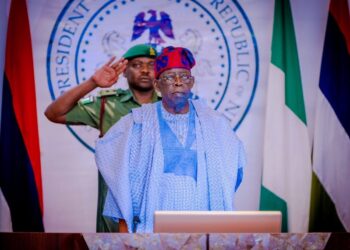The Federal Government of Nigeria announced on Monday that it has successfully secured a budget support loan of $1.5 billion from the World Bank, along with an additional $80 million from the African Development Bank. These funds are earmarked to finance vital projects in critical sectors of the nation’s economy.
The Minister of Finance and Coordinating Minister of the Economy, Wale Edun, shared this news with State House Correspondents, emphasizing that these loans were secured due to Nigeria’s recent “macro-economic moves” and policy decisions made in response to its economic challenges.
Mr. Edun explained that Nigeria qualified for these “relatively cheap” loans from multilateral development banks because of the country’s resolute efforts to restore balance to its economy. He highlighted the decisive measures taken by President Bola Tinubu’s administration, stating that these efforts were being recognized and rewarded with the availability of $1.5 billion in immediate financing from the World Bank.
“The bold, brave, courageous, and decisive measures that Mr. President has taken are being rewarded by processing for Nigeria $1.5 billion of immediate financing, which, provided that we do everything on our side, will be in before the end of the year,” said Edun. He further clarified that this financing is considered concessional and relatively cheap, designed to support the ongoing reform efforts in Nigeria. Importantly, it will be disbursed in one lump sum rather than in staggered amounts as typically done for specific projects.
Edun acknowledged that while certain effects of recent reforms, such as a reduction in smuggling and increased domestic production in select sectors, have been observed, it takes time before the full benefits are realized.
In addition to the World Bank loan, the Federal Executive Council approved $80 million in financing from the African Development Bank. This funding will support the “Ekiti Knowledge Zone Project” in Ekiti, which aims to empower young people to harness technology for employment, training, and participation in the knowledge economy. Nigeria’s growing technology and communications sector is seen as a significant contributor to its economy, and this financing will further bolster its growth.
Meanwhile, the Federal Executive Council also approved the establishment of the Presidential Council on Industrial Revitalization Roadmap, with President Bola Tinubu serving as its chairperson. This Council, comprising ten subcommittees, will assess policies within various ministries and work towards developing a comprehensive roadmap for industrial revival, aligned with President Tinubu’s eight-point agenda. The ultimate goal is to stimulate investment, job creation, and economic growth in Nigeria.
The availability of these loans from international financial institutions marks a positive development for Nigeria’s economic recovery efforts, underlining the importance of sound economic policies and reforms in attracting foreign financial support.











